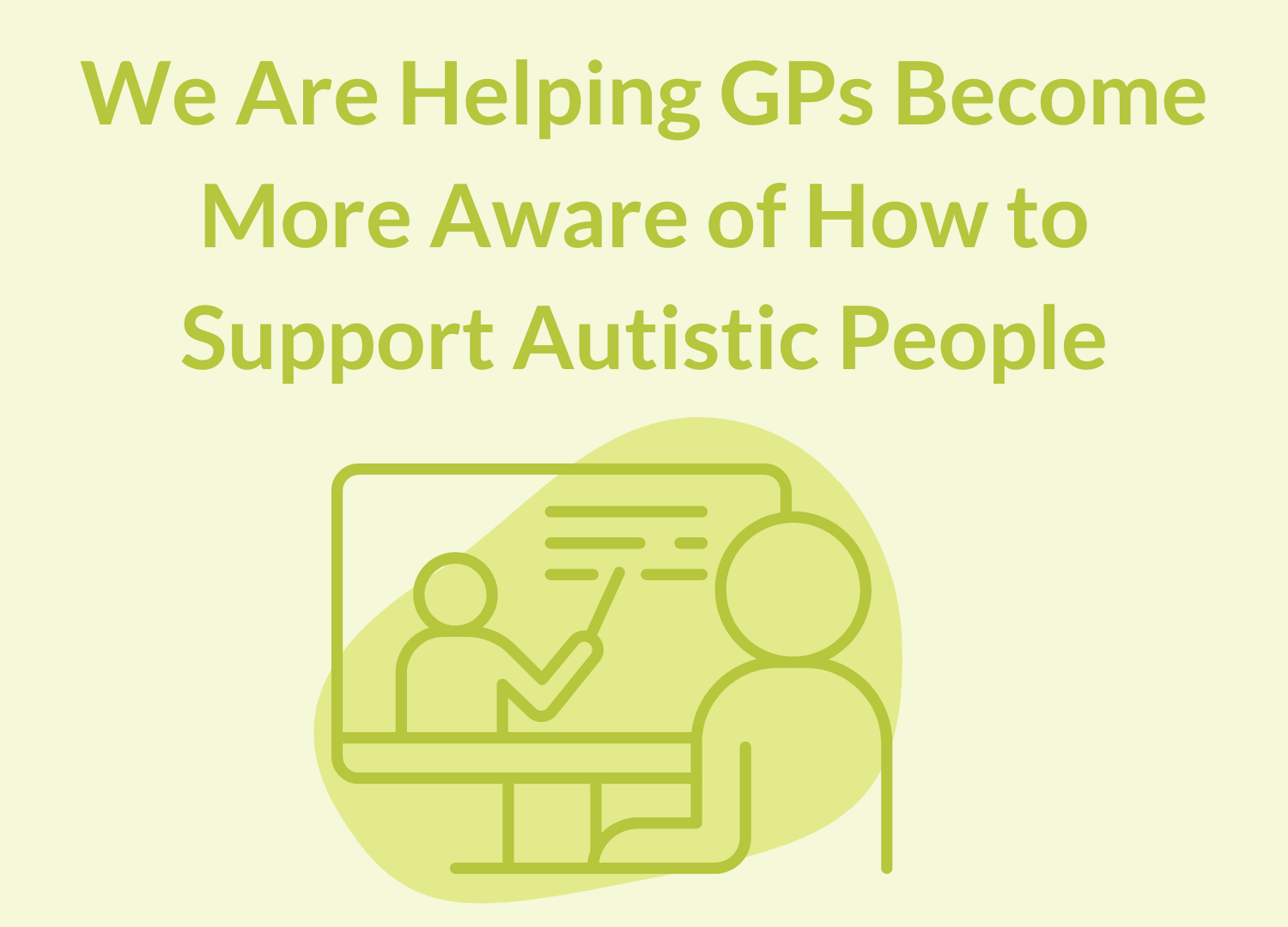My son’s death certificate had in bold capital letters ‘AUTISM’ as a secondary cause

Last updated: 20th November 2024
The filming of this video was an emotional and moving experience as many autistic adults shared their experiences of healthcare in the UK.
The final version has now been edited and, I am told, will soon be on the NHS England website as a training tool for GP’s across the country.
I have also been shown an advance copy of a paper, authored by Liz O’Nions, a post-doctoral researcher and Cathie Long, which has been accepted by the British Journal of General Practice. This paper came out of the training videos, and the work that Liz has been doing exploring the experiences of autistic adults.
This paper provides guidance on how best to support autistic adults during a GP consultation.
My hope now is that the training videos and the findings from Liz and Cathie’s paper become as widely discussed as the Oliver McGowan training, which has made such a difference to how autistic people are supported. Below is a summary of the findings. Please share them widely with your GP and anyone else who might need to know:
- Autistic adults are statistically more likely to die younger than the general population.
- Depression and anxiety are common. This may be partly due to difficulties tolerating uncertainty and sensory sensitivities, but environmental factors, including a poor person-environment fit, are likely to play a role in the incidence of mental health difficulties within the autistic community.
- During a consultation, reasonable adjustments are critical. Doctors should:
- Slow down their pace of speaking to allow the person time to process information.
- Follow up any instructions in writing.
- Allocate the person the first or last appointment of the day wherever possible and provide a quiet space to wait.
Understand that autistic people may find it hard to explain the main reasons for their consultation.
- Ensure that any diagnostic report is added to their medical record. If possible, highlight their diagnosis so that it is the first thing the doctor sees when they pull up the person’s medical notes.
- Understand that autistic people may find it hard to explain the main reasons for their consultation. They may also find it hard to verbalise the source or intensity of any pain, due to difficulties with interoception.
- Understand that there may be multiple, and possibly repetitive requests for appointments.
- Check to ensure that medication reviews and onward referrals to other teams have happened.
- Do not assume that superficially good language skills necessarily mean that the person has understood what has been said to them, anxiety may impair their ability to listen and process information.
Sharing this information as widely as possible will hopefully help to prevent what happened to my son happening to other autistic people.
Related Posts
Noah’s journey
The story of Noah really highlights how, with the right support, autistic young...
H4P now offers Right to Choose
Autism & ADHD assessments for children & young people (up to 18) are now...
Is your child about to move to secondary school?
As the end of primary school nears, the move to secondary school can be daunting...
The importance of correct early intervention for children with Autism
Like most people I have been following the recent news stories about young people...




